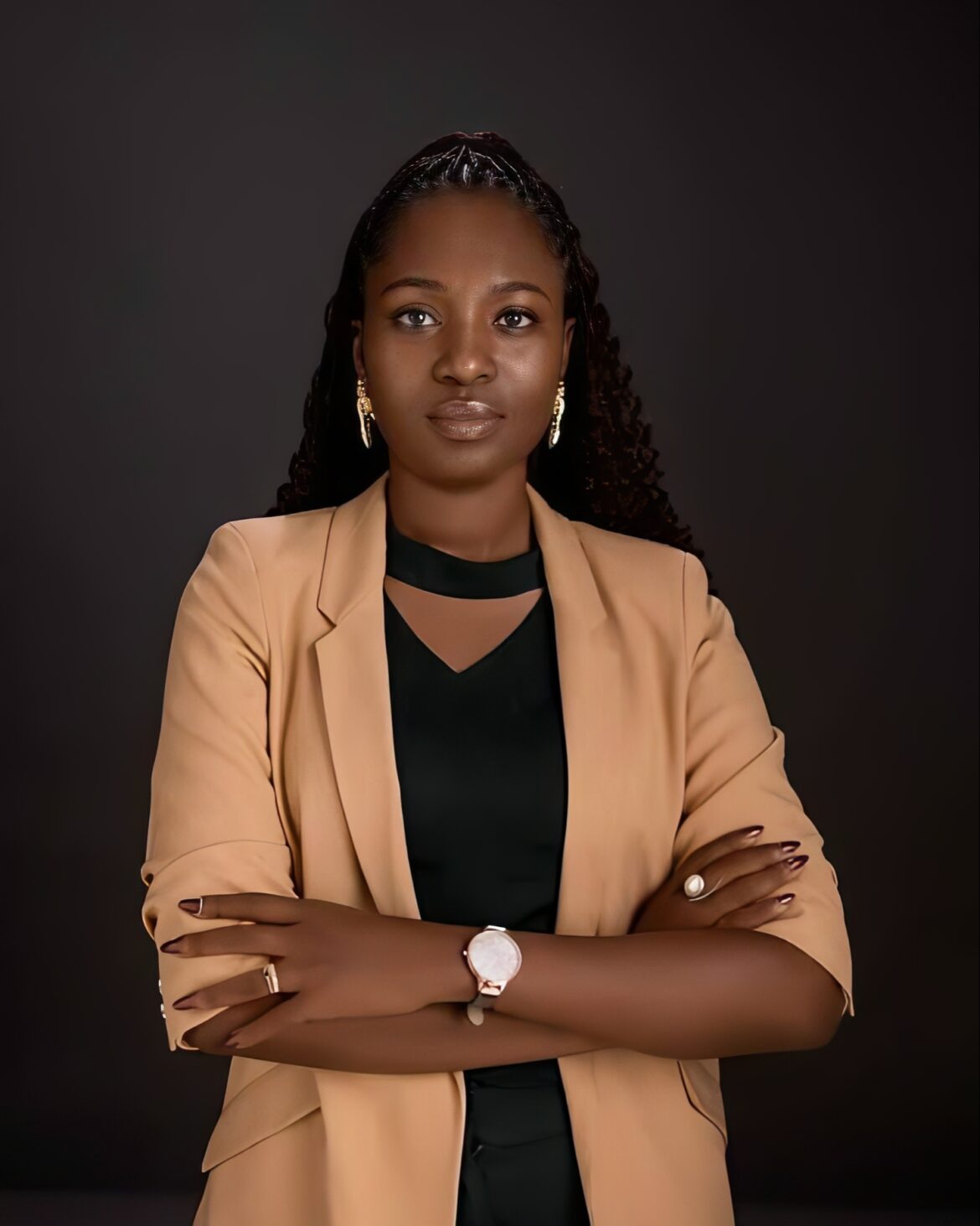In December 2022, Imade Bibowei Osuobeni, who had recently returned to Nigeria from London, attended an intensive five-day training organised by The United Nations eTrade for Women initiative. This training was designed to equip women with the knowledge and networks to scale their businesses. While eager to apply what she had learned, she couldn’t help but think about the rural women who lacked such access to knowledge.
One month after the UN training, she stopped at a small village market in Edo State, Nigeria, buying goods worth $100. To her surprise, the vendor, Susan, burst into tears because she had never sold that much produce in a single transaction. That incident was where it all began.
Despite having access to good roads and internet connectivity, rural women like Susan were impoverished because they didn’t know how to use digital tools to reach more customers. Middlemen exploited this gap, buying their goods at unfairly low prices and reselling them in cities for four times as much. If these women bypass these intermediaries and sell directly to urban buyers, they could radically improve their income.
Back in Abuja, Imade Osuobeni couldn’t shake off that thought that night. So, she tested an idea.
Using WhatsApp statuses, she and her team marketed Susan’s produce to urban customers. Within weeks, her weekly sales jumped tenfold, exceeding ₦200,000 ($250). With her increased earnings, she bought a smartphone, learned to trade online, and took control of her family’s finances.
That experiment proved what Imade Osuobeni had suspected—digital exclusion kept rural women poor, and the solution was to equip them with the right tools. Within two months, Imade Bibowei Osuobeni launched Tech Herfrica, a social impact organisation committed to bridging the digital gap and breaking the cycle of poverty for women and girls in rural Africa.
Imade launches Tech Herfrica
Osuobeni’s vision was to replicate Susan’s success at scale. She turned to her cousin, Ivie, who became Tech Herfrica’s first volunteer. Together, they conducted deep research and uncovered staggering statistics.
According to GSMA’s 2021 report, mobile internet usage in Nigeria stood at 67% for urban men, 46% for urban women, 41% for rural men and only 24% for rural women. To top it all, smartphones were costly, and digital illiteracy rates were high.
Tech Herfrica designed a solution that tackled these challenges. They organised digital and financial literacy training in local languages, developed a smartphone cluster-sharing model to make devices accessible, gave out microfinance and business loans to help women scale their businesses, and built an e-commerce platform, Her Local Market, to connect rural traders with urban buyers.
To increase accessibility, they partnered with Turn.io, backed by the Bill & Melinda Gates Foundation, to develop WhatsApp-based digital courses for remotely training rural women.
Imade Osuobeni’s impact report
In just one year, Tech Herfrica had trained over 5,000 rural women, impacted 22 communities, distributed 411 devices, and disbursed over ₦ 3 million in finance. They also facilitated over ₦10 million in trade and increased income levels by an average of 56%.
In 2023, their impact was recognised globally when they won the SDG Digital Game Changers Award (People Category) from the International Telecommunication Union (ITU). The $2,000 grant from this award was immediately reinvested—funding 260 more women’s training and equipping 200 more with smartphones.
Imade Osuobeni was named one of the Most Influential People of African Descent in the Politics and Governance category. She has an ambitious goal to impact 1 million rural women and girls by 2030.



